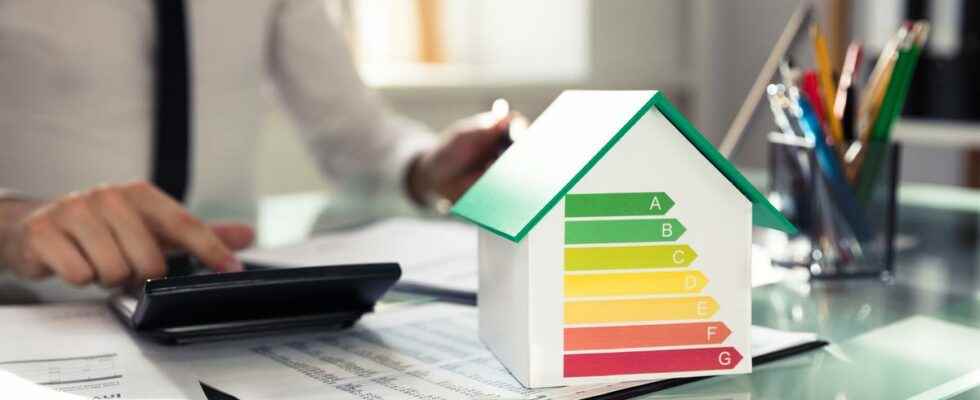Part of the “superprofits” of energy producers will be redistributed to consumers.
EU energy ministers reached agreement on Friday on emergency measures to help EU households and businesses deal with skyrocketing bills, but many say more needs to be done in the approach of winter. Officials validated proposals presented in mid-September by the European Commission, aimed at recovering part of the “superprofits » energy producers to redistribute them to consumers, and impose a reduction in electricity demand at peak times.
But they are still divided on a cap on the price of gas imports, which comes up against German reluctance in particular. “There’s no time to loseto lower the price of gas, urged Czech Energy Minister Jozef Sikela, whose country holds the EU Council Presidency. The recent leaks on the Nord Stream 1 and 2 gas pipelines in the Baltic Sea, denounced by the EU as acts of “sabotage“, have further increased the tension in the European bloc, already shaken by the surge in prices linked to the war unleashed by Russia in Ukraine.
Read alsoEuro zone: inflation jumps to 10% in September, new record
The emergency measures endorsed on Friday set a binding target for states to reduce their electricity consumption “at least 5%» during peak hours. The Twenty-Seven are also called upon to reduce their monthly electricity consumption by 10%, an indicative objective. Another measure: the ceiling on the income of electricity producers from nuclear and renewable sources (wind, solar, hydroelectric) who reap exceptional profits by selling their production at a price much higher than their production costs. This ceiling is set at 180 euros per megawatt hour and the difference between this level and the wholesale market price must be recovered by the States to be redistributed to households and businesses. A “temporary solidarity contributionalso applies to producers and distributors of gas, coal and oil.
SEE ALSO – Berlin announces releasing 200 billion euros to cap energy prices
‘We must act now’
In total, revenues of around 140 billion euros could thus be donated, according to the President of the European Commission, Ursula von der Leyen. But a majority of Member States – fifteen, including France, Belgium, Italy and Spain – believe that we still have to tackle the “most serious problem»: they are calling for a cap on wholesale gas prices on the European market. These countries want the measure to apply to all gas imports, not just those from Russia. For the Czech minister, the Commission must act quickly: “We are in an energy war with Russia, winter is coming and we have to act now (…), not in a month.»
The Community executive, like Germany, is reluctant to implement such a measure, fearing that limiting prices will threaten European supplies by deterring “reliable partnerslike Norway or the United States to deliver gas to the EU, for the benefit of other destinations. Estonian Minister Riina Sikkut also came out against this idea, saying that “gas availability and security of supply were more important than price“. In a preparatory document, the Commission proposed setting a maximum price for Russian gas – transported by pipeline or liquefied natural gas (LNG) – which currently represents 9% of European imports. Russia was historically the EU’s biggest gas supplier, bringing more than 40% of the gas to the bloc.
Read alsoEuro zone: unemployment rate still at its lowest at 6.6% in August
To lower prices, Brussels is betting on negotiations with other suppliers of gas transported by pipeline, but believes that for LNG, the ability to negotiate is limited by international competition. The Commission is also considering capping the price of gas used for electricity generation. These options are being discussed by the ministers and should give rise to a more detailed plan, before a summit of the leaders of the Twenty-Seven on October 7 in Prague and a new meeting of energy ministers on October 11-12.
“We must go further on these subjects and we must conclude more quickly“, also estimated the French Minister Agnès Pannier-Runacher. Many EU countries have already put in place support schemes at national level to relieve households and businesses strangled by bills. Like France, which applies caps to energy prices, Germany announced Thursday that it would release up to 200 billion additional euros to limit gas and electricity prices.
SEE ALSO – Energy: Gaspard Gantzer “outraged by the fuel check”
